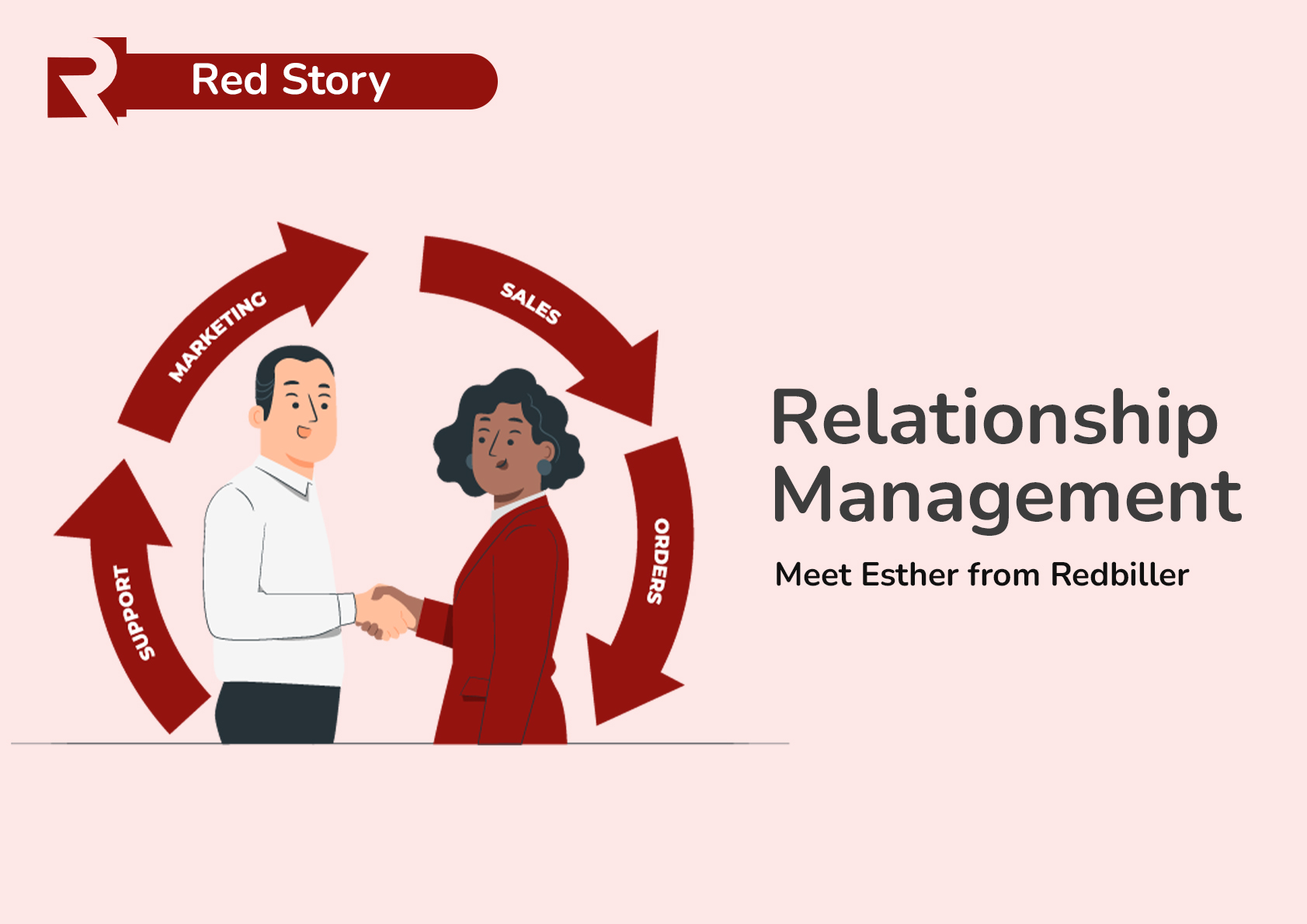Businesses fail for various reasons, especially in this age of fast-paced development and fast-evolving market demands. The race has really become for the swift. However, contrary to popular beliefs, businesses don't fail because of competition. It is a factor, yes. But most businesses fail because of internal issues. Issues ranging from production to management to business models.
Every business starts out to be big, to serve the world. There is a dream to conquer the world and be known everywhere. But amid this fantasy, they leave out the more important thing -the plan, the how to be big, and how to remain big. If you're dreaming, then you are still sleeping. Wake up!
Often businesses stick solely to their original plan of growth. They don't take time to review it to suit the current demands of the market. They blindly keep developing products and services that are no longer relevant and in demand. Very essential to your business’ growth, is growth in the area of your thinking.
I have seen a lot of SMEs remain SMEs years after startup. Businesses that were doing well when they started and showed growth potential. But I come back after a few years, and they are still there. Still in business? Yes. But just the same way they started, no branching out, no diversification, no partnership.
The irony of it is, because they haven’t grown as much as our mind projects, they begin to appear smaller in our eyes and our minds than they actually are. And we begin to relate with their business as such. This continues till it eventually becomes true of their business, and in a few years, they fold up. Now, here are a few simple tips to keep your business in check, and on track with growth.
Have a plan
Pretty basic right? Well, I did say the tips are simple. But to put it in a better way 'Have a workable plan'. Ideally, people expect you to have a business plan. You look unserious when say you don't, so you do. And that's why the business plan only comes up when you need a loan, and in random conversations at business conferences. When you have a wrong reason for having a business plan, that plan won't do anything for you.
If the above was the reason for your business plan, you need to go back and ask the right questions as you write your new business plan. I'm not asking you to write a document you can use to access loans. It doesn't have to be picture-perfect, have a certain number of words and so on. Just ask yourself what you want to build and write down your answers. Write down what you can work with. No, don't get someone to write it for you, do it yourself.
Have a breakdown
The first time I wrote a business strategy and gave it to someone, I got feedback to break it down into actionable plans. What did I do? I reviewed the marketing strategy, explained more, put in more content, the pages increased and all. I was satisfied and turned it in proudly. The person said the same thing again ‘break it down into actionable plans". You can guess how I felt. I was pissed. "What do you mean, this is a good and comprehensive marketing plan, I consulted a lot of materials to do this."
But the truth is, I had missed the point. What the person wanted me to do was to outline how I would carry out each step every day. Literally every day. So here is the tip, break down your plan into everyday activities. What will you do every day to achieve that plan?
Have a model
If you asked the right questions when writing your plan, then you should have arrived at this. If you are serious about building your business, then you need a structure. Find out what model suits your business. See if it has worked for other people. As much as possible, check out how they twisted or bent it to their taste. You don't have to do it their way, but you can get ideas on doing it better.
Have a mentor
Oh, you already do. Well, that's not what I mean. I don't mean someone who guides you in your chosen life path. What I mean is a mentor for your business. Firstly this mentor is not an individual. It is an organisation. You can have someone who is a face or member of that organisation that you talk to. But your focus is on the organisation as a whole. This organisation should be in the same industry as you. Learn from where they began, where they have passed, and where they are. When you know that much, you will know where they are going, learn from that too.
Have a team
Every business needs a team to run and to keep running. I am not asking you to employ people when you don't need to or can't afford to. Just have people you work with -volunteers, mentors, friends, coaches, strategists, and consultants. That way, it is not only about you, and it also is not up to you alone. When choosing, you are going to sift out tares from the wheat. People will come along and look like it, but bear in mind, not everyone deserves a spot on the team. Choose smartly.
Have partners
This is quite different from your team. Partner with other businesses to give better goods and services. Your business cannot exist in isolation. You need products/services other businesses offer. A partner you should consider is a Payment Service Provider. We are in a digital era, and any business that wants to stay relevant must secure a place on the internet. This shift from the traditional way has exposed many to risks, and in some cases, to failure. PSPs offer services that address these risks.
Redbiller provides multiple ways for you to accept payments from your customers. This includes USSD transfer and Mobile app banking. International clients can pay you in their local currency, further expanding your international sales prospects. Settlements are instant upon payment -when we receive payments from your clients, we settle you instantly. With our KYC tools, you can verify your customers' identities in different ways. Helping you separate the wheat from the shaft and protecting your business from fraud.
And it is not only about receiving payment. You can also disburse funds to your B2B customers, settle your bills, pay your staff and make cardless withdrawals via the ATM or POS machine. With Redbiller, you not only get payment notifications instantly but can also access all your transaction records from your Redbiller account and in your email. With this, you can track your business' financial growth and measure its implications.
Have a limit
This is a piece of unlikely advice. Most you'll hear is to go all out for your business, do what you can, do what you must and all. That's not advice I'll give you. In the end, there is a limit for every business. There is only so much you can afford to spend, invest, and give out. It is good that you have a limit and abide by it. And as your business grows so should your limit.
When you can afford to spend, invest, and give more, do it. Don't put undue pressure on your business. The 'crazy risks' stories you hear are the ones that turned out well. There are a lot of those stories you don't know because they failed, as they should. I'm not asking you not to take risks, I am just saying be careful about risks that when it goes south you can't bounce back from it. Don't spend every business day taking those kinds of risks.
Take a break to dream again
People can get sucked up in the hustle and bustle, the demands of management, so much that they don't have a clear picture of where they are heading anymore. They are just about how to keep walking. They can't even picture what pushed them at first. They can't measure growth because they lost their scale already. It is good to take a break, once in a while to see why you started and where you are going. Only then can you rightly see where you are and what is really important.



